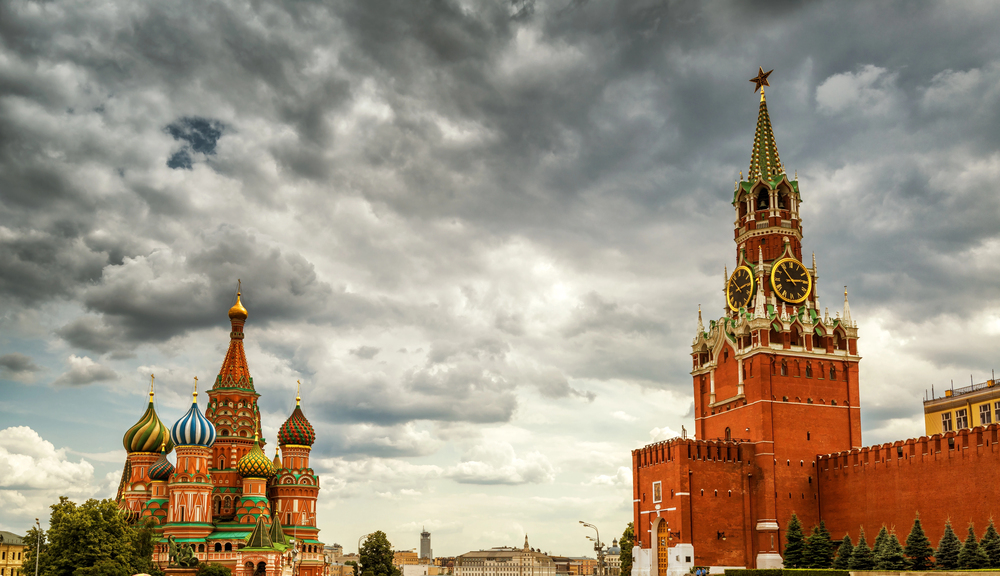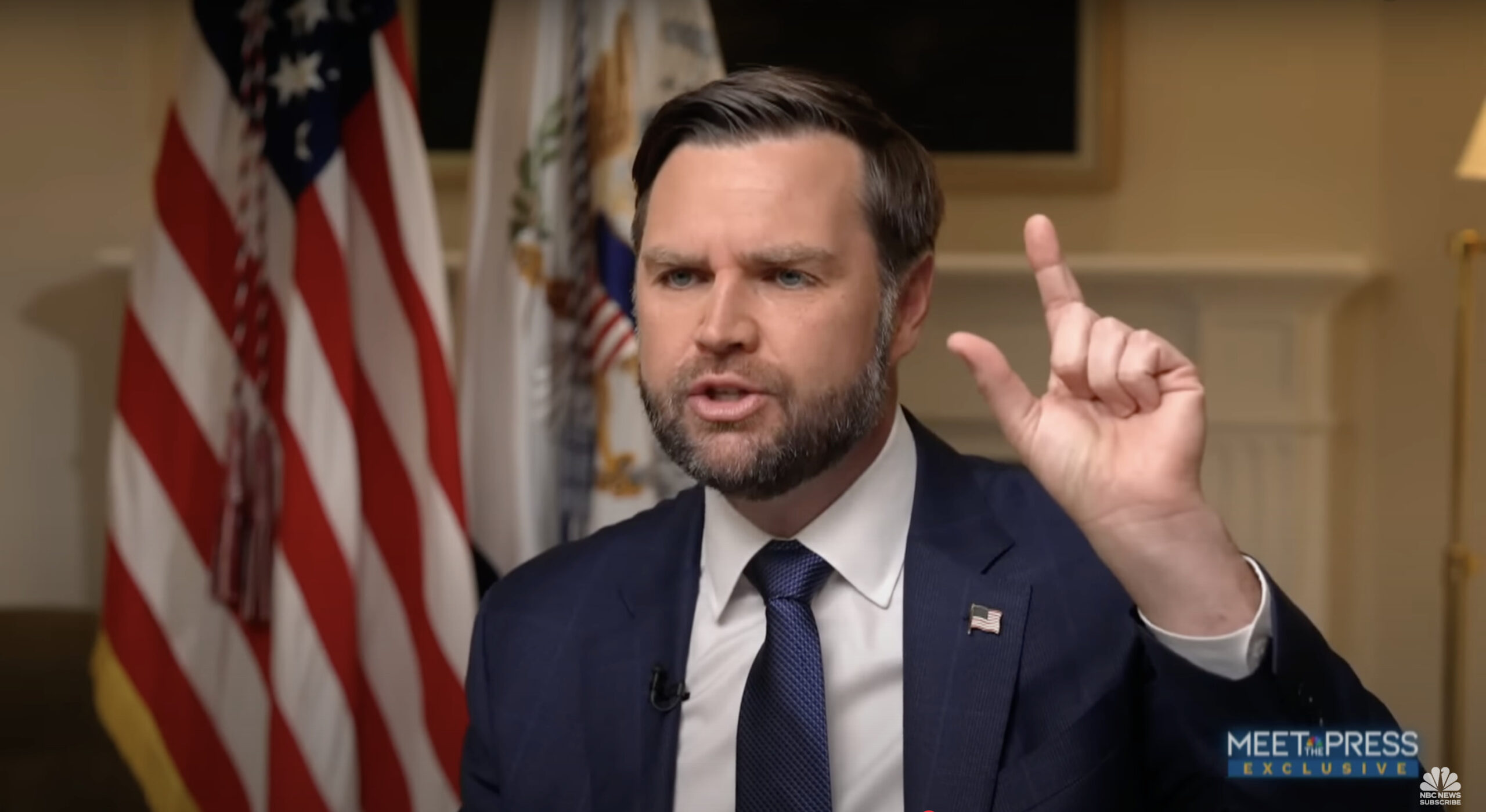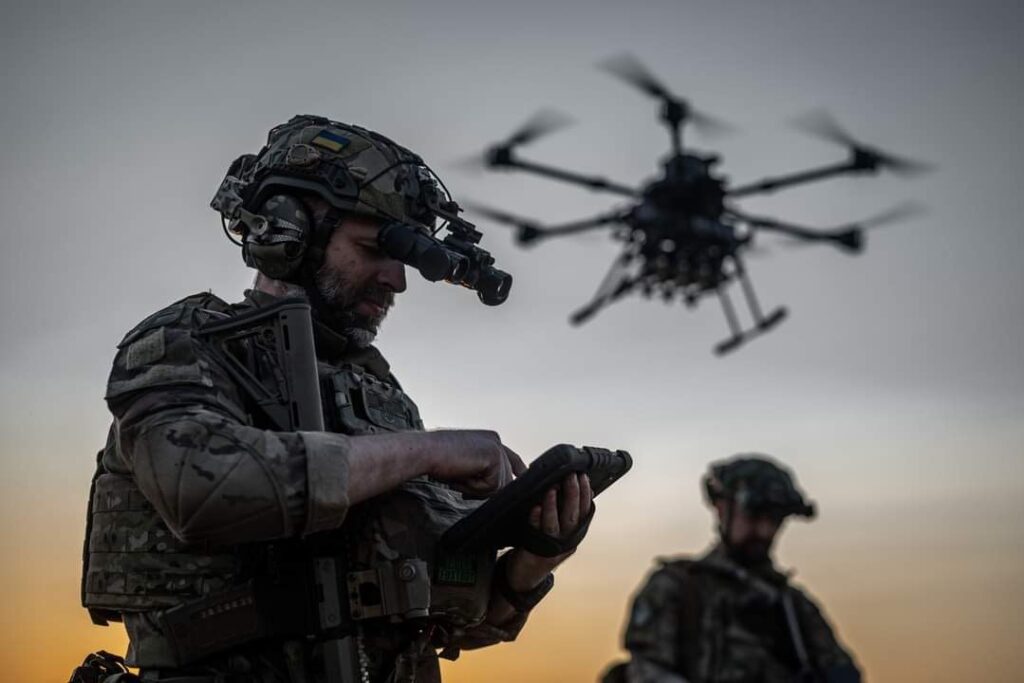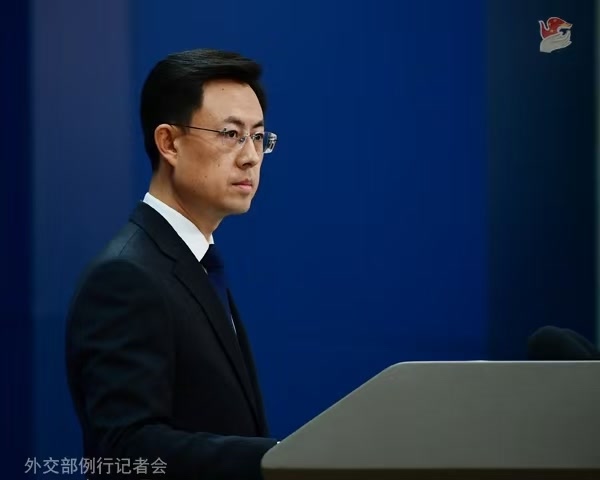Zelenskyy: Ukraine secures backing from 26 nations for post-war peacekeeping force
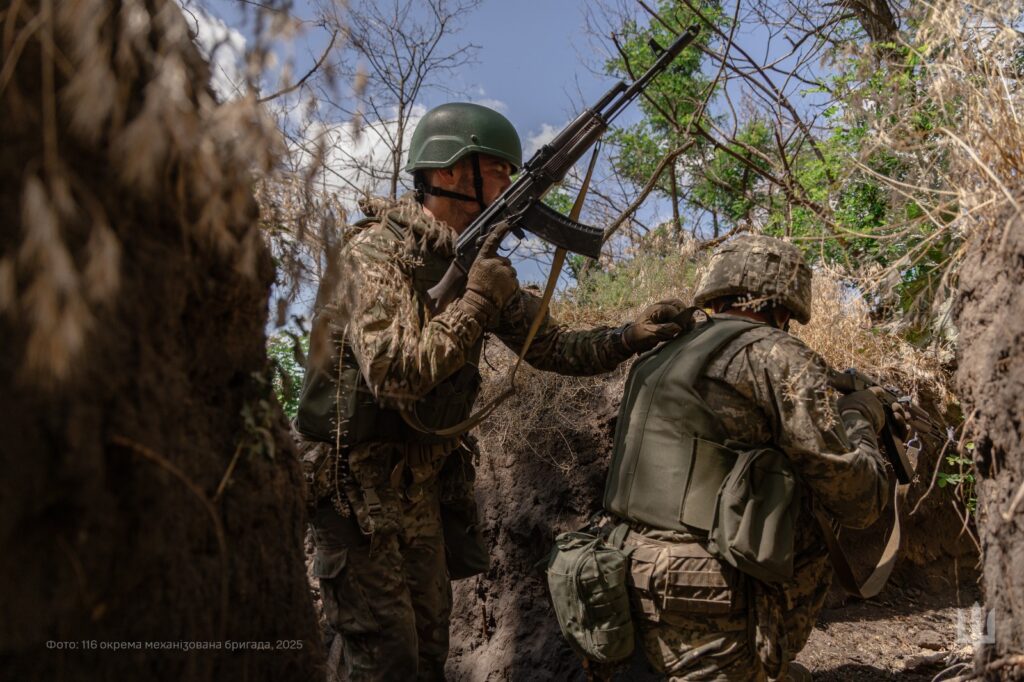
Ukrainian President Volodymyr Zelenskyy announced that 26 countries have agreed to participate in security guarantees for Ukraine, providing protection across land, air, sea, and cyberspace, along with military funding. He did not specify the countries involved.
Speaking in his evening address, Zelenskyy outlined what the guarantees actually mean: “substantive things on land, in the sky, at sea, also in cyberspace, also this is funding for our army.”
The Ukrainian president emphasized that the foundation remains “a sufficiently strong Ukrainian army to guarantee our independence and Ukraine’s sovereignty.” He emphasized that this includes weapons for the army and long-term financing, noting that many components have been agreed upon with partners as a foundation.
Zelenskyy highlighted ongoing work to expand the PURL program, through which Ukraine purchases American weapons. More than $2 billion has already flowed through this channel, with plans to increase funding further. The priority list includes greater sky protection against Russian drones and missiles—reflecting Ukraine’s daily reality of aerial bombardment.
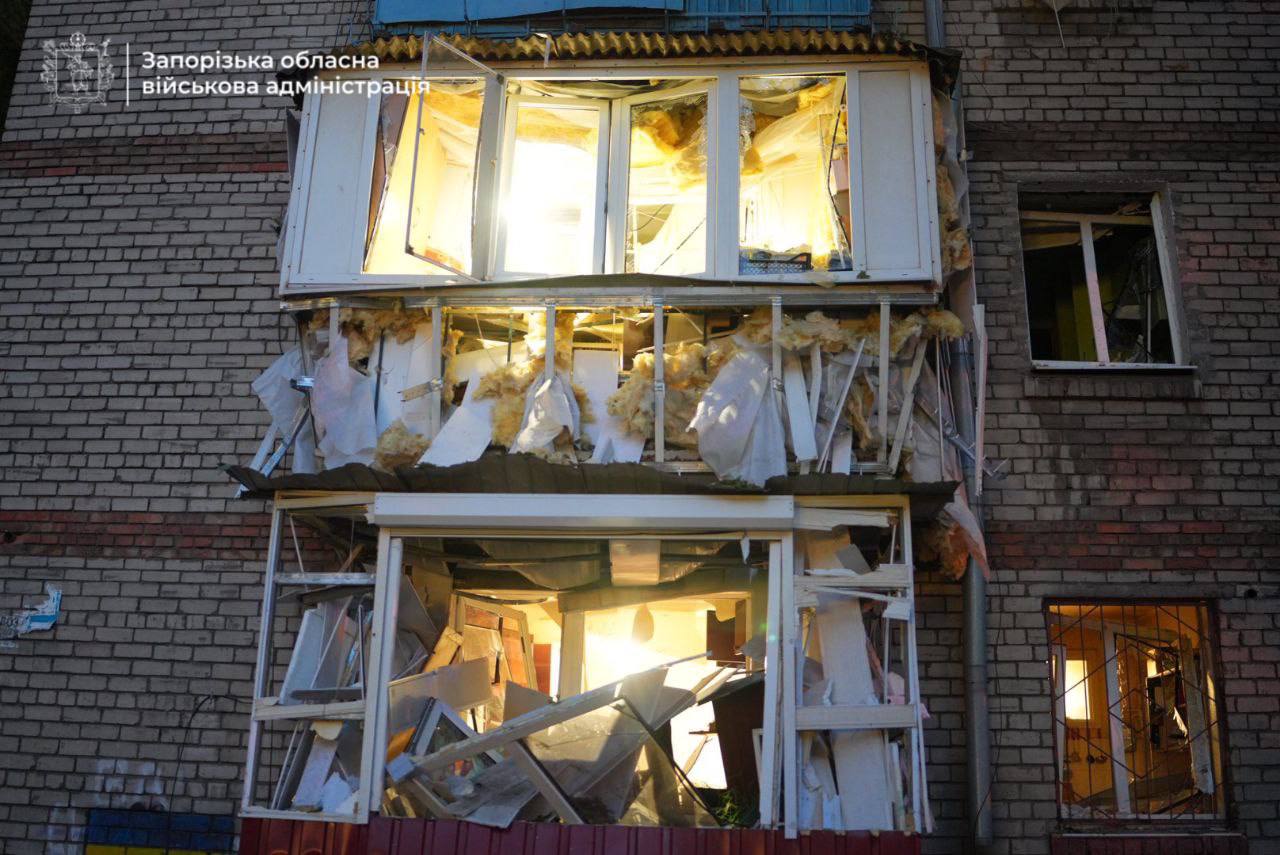
Civilian woman thrown from her house by blast wave in Russian attack on southern Ukraine
US won’t send troops to Ukraine
Regarding US participation, Trump has ruled out American ground troops but offered alternative support. “We’re willing to help them with things, especially — probably you could talk about by air, because there’s nobody that has the kind of stuff we have,” Trump told Fox News.
The US role would focus on logistics, air support, intelligence sharing, border surveillance, and weapons provision through European partners.
Peacekeepers won’t be in combat zones
The European plan involves a two-stage approach. Initially, European troops would be stationed away from combat zones, focusing on training Ukrainian forces and providing reinforcements. The second stage would incorporate American intelligence sharing, border surveillance, weapons, and potentially air defense systems.
Russia considers peacekeepers legitimate targets
Russian President Vladimir Putin has responded with direct threats to the peacekeeping proposals. Putin declared that if any troops appear in Ukraine, “we proceed from the assumption that they will be legitimate targets for strikes.” This statement indicates that any potential mission would require significant protection from Russian attacks.
According to Zelenskyy, the Coalition shares the assessment that Russia is “doing everything possible to drag out the negotiation process and continue the war.”
European officials privately express skepticism about whether security guarantees will deter Putin or produce lasting peace. Many expect the peace talks to fail—exposing whether Russia genuinely wants to end the war or simply buy time to regroup.
